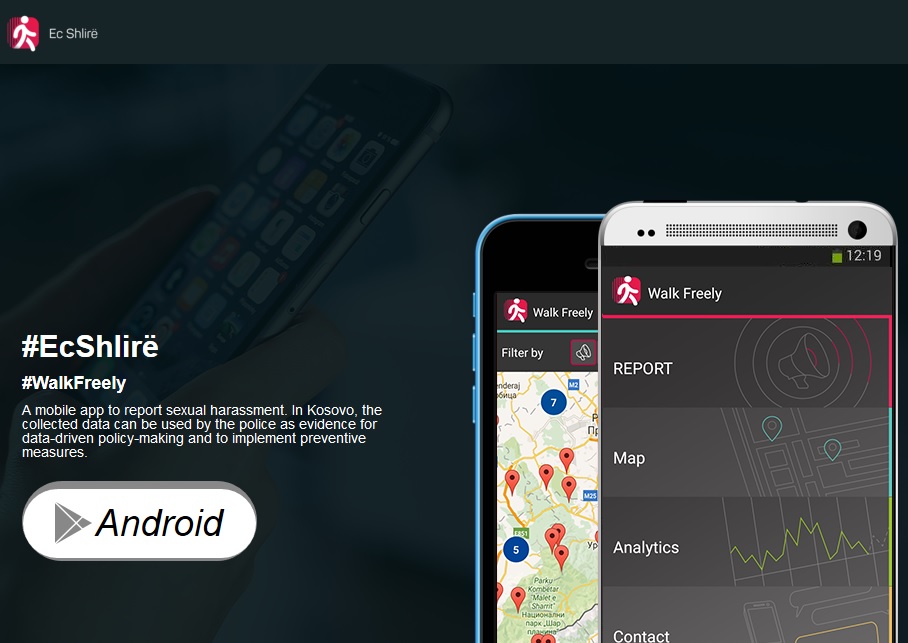Here’s a new video about street harassment by Heather Arnett, her latest in a series called the Cat Call Choir. She writes that the series is “a somewhat sardonic, slightly scornful, but non-violent, songful response to street harassment.”
Push My Button from Heather Arnett on Vimeo.
“In this week’s Cat Call Choir experiment we added the Staples Easy Button with “sing” written on it to encourage people to stick around to listen for a verse and perhaps engage in a conversation about street harassment.
What do you think? Should we just sing to people so there’s no option to get away from unwanted attention very much like when women are harassed on the streets, in parks, on trains and at work? Or is there value in encouraging the conversation?”


